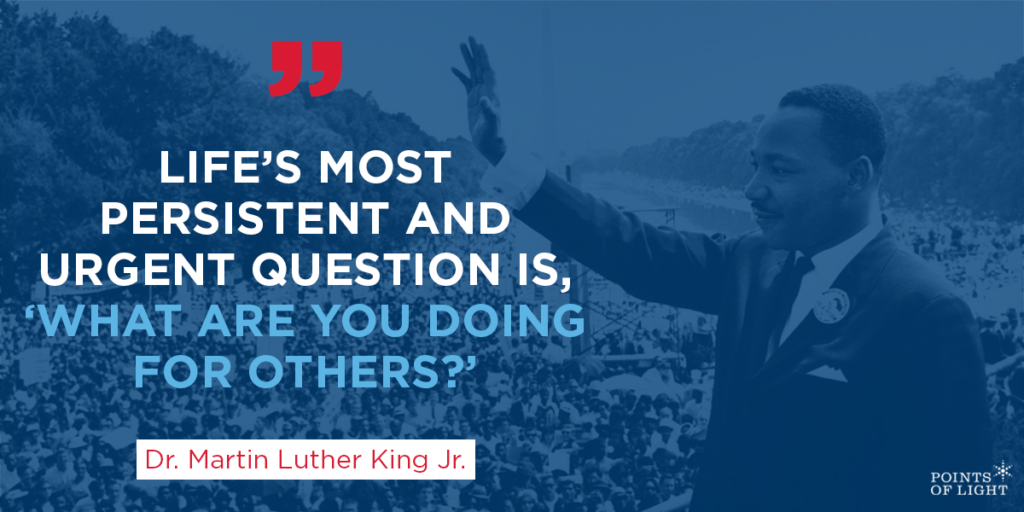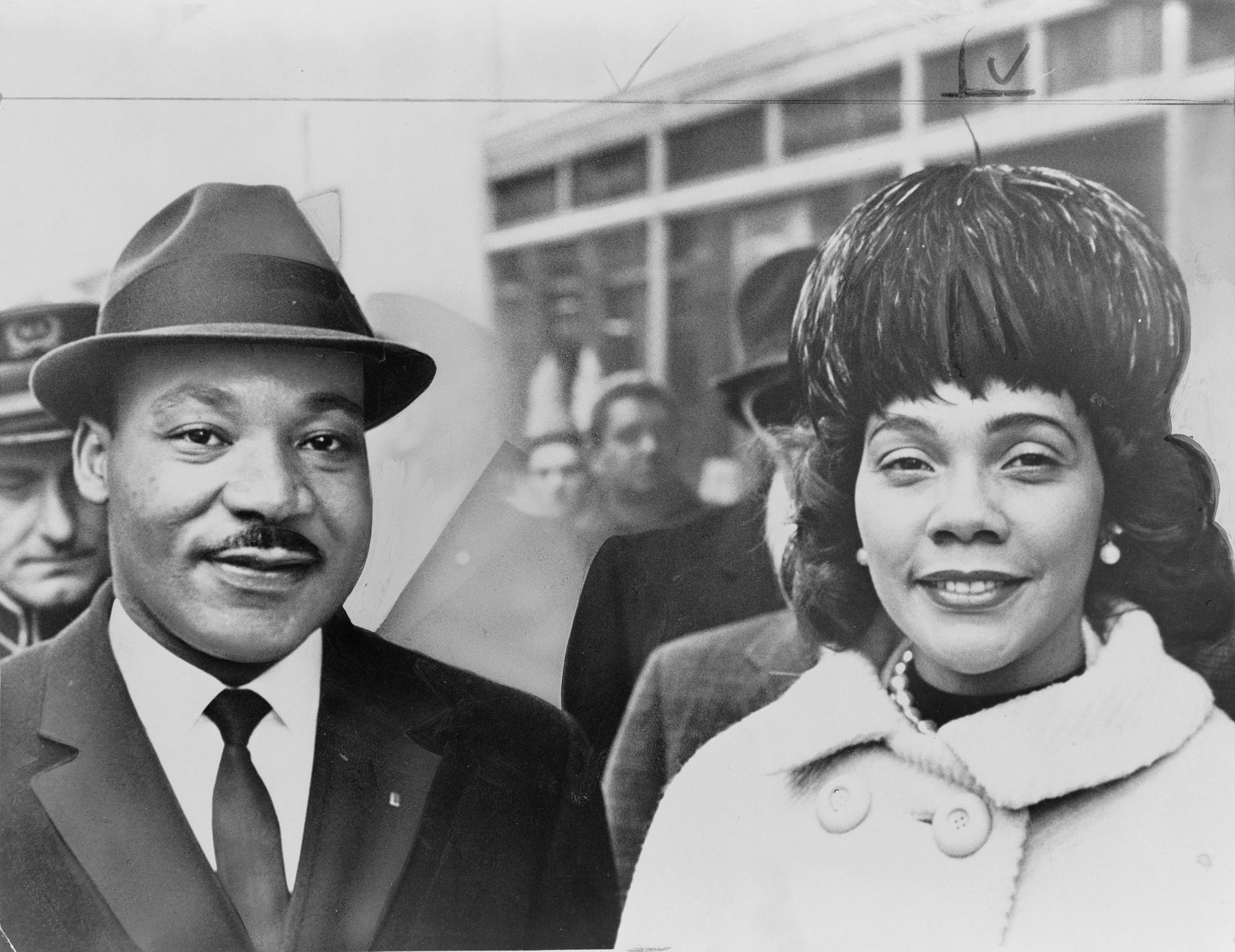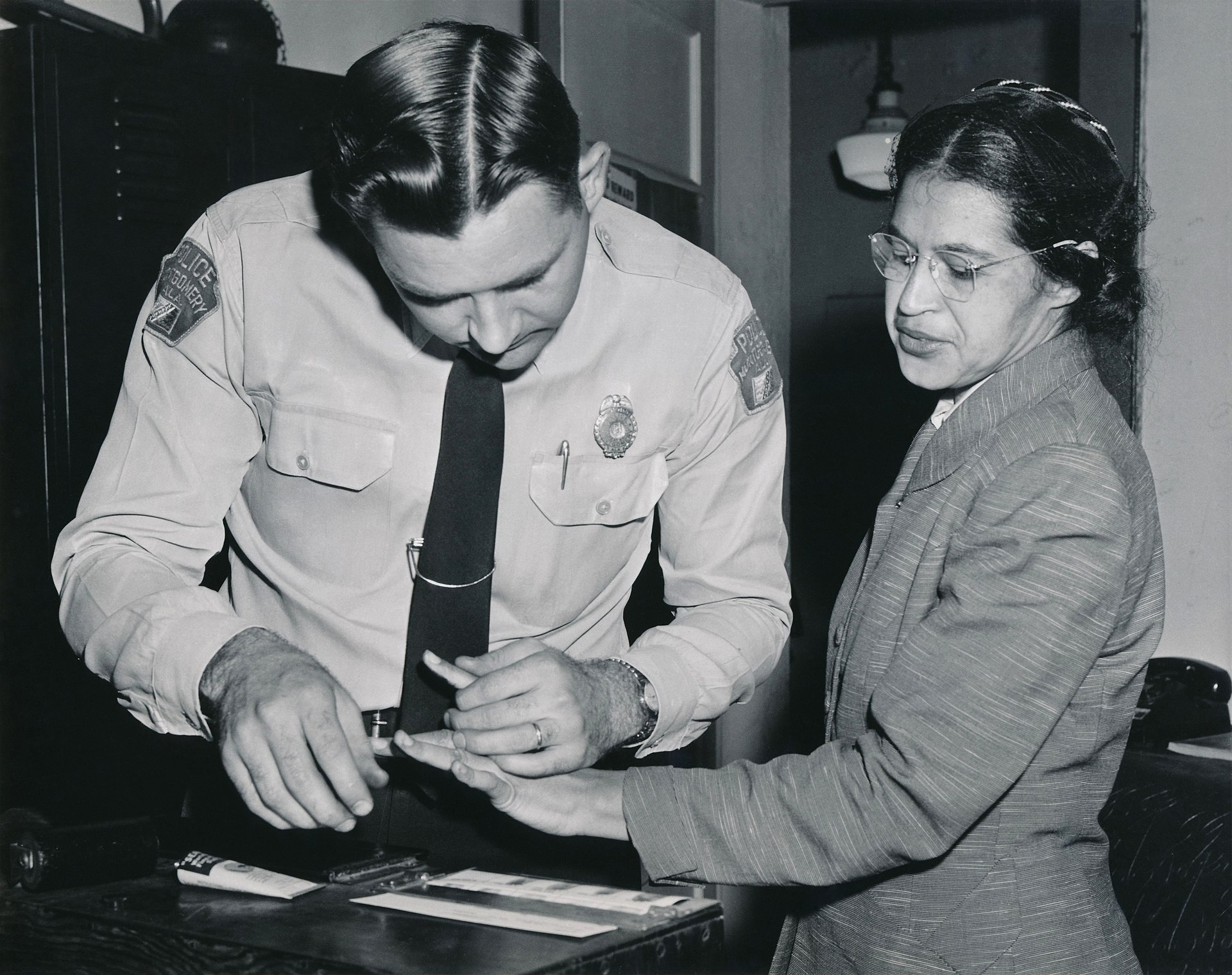
Celebrated annually on the third Monday of January, Martin Luther King Jr. Day honors the life and legacy of one of the most influential leaders of the American civil rights movement. Designated a national day of service by the US Congress, the federal holiday encourages citizens to help realize the Baptist minister's vision of a “beloved community” by bridging racial and ethnic barriers, addressing social issues, and volunteering to improve their communities.
Born in Atlanta, Georgia, on January 15, 1929, Martin Luther King Jr. (MLK) grew up in a world where black and white people led disparate lives. They dined at different restaurants, attended different schools, and even sat separately in specially marked areas when traveling on buses and trains. The young boy believed segregation was a way of life across the country until he went to work in the tobacco fields of Hartford, Connecticut, in the summer of 1944. In a letter to his father, the then 15-year-old MLK said, "After we passed Washington, there was no discrimination at all. The white people here are very nice. We go to any place we want to and sit anywhere we want to.”

MLK returned to Atlanta to pursue an undergraduate degree in sociology at Morehouse College. In 1954, the now ordained minister had to decide between becoming the pastor of a church in the progressive northern states of New York or Massachusetts, or accepting a similar position in Montgomery, Alabama, where segregation was alive. Not afraid to take on a challenge, the clergyman and his wife, Coretta King, opted for the latter.
As the church leader, MLK convinced his mostly black congregation to register to vote and join the NAACP, the nation's oldest and largest civil rights organization. His pursuit for racial equality began in December 1955 after civil rights activist Rosa Parks was arrested for not vacating her bus seat for a white passenger. Upset at the injustice, MLK led the charge to convince the city's African American residents to avoid public buses. Despite having no other mode of transport to get to work, the locals joined the cause — not for a day or month, but an entire year! As news of the boycott spread, African American residents from the other Southern States joined in, resulting in the first-ever concerted effort to fight racial discrimination. In 1956, the activists won their first battle when the United States Supreme Court ruled segregation on public transportation illegal.

Buoyed by the success, MLK began to travel across the country, urging citizens to fight against existing segregation policies by staging peaceful sit-ins, boycotts, and marches. The activist became famous for his inspiring speeches, the most memorable one of which was delivered in 1963.
The events leading to the oft-quoted 'I Have A Dream' address began in June 1963, when President John F. Kennedy asked the US Congress to approve a bill giving all Americans equal access to public places. To persuade government officials to sign it into law, civil rights leaders encouraged citizens to stage a peaceful rally in Washington, DC. Over 200,000 residents from across the country heeded their call and arrived at the capital on August 28, 1963, to participate in what later became known as the March on Washington. It was here that MLK, standing on the steps of the Lincoln Memorial, revealed his dream of living in a country where everyone was treated equally.
The July 2, 1964, Civil Rights Act was the first significant victory in the activist’s mission to achieve equality for all Americans. The August 6, 1965, Voting Rights Act, allowing African Americans to exercise their right to vote in US elections, was another step in the right direction. The April 11, 1968, Fair Housing Act, prohibiting racial discrimination in the sale, rental, or financing of property was the final victory, assuring equal rights across the country. Unfortunately, MLK was assassinated in Memphis, Tennessee, on April 4, 1968, and never experienced life in a segregation-free America.
The clergyman-turned-activist's courage and efforts have allowed all Americans — regardless of race, color, gender, religion, or national origin — to pursue their dreams. It is now up to all of us, both young and old, to protect MLK's precious legacy by standing up to societal injustices and helping those in need, especially during these difficult times. This January 18, 2021, create your own legacy by helping community members impacted by the pandemic — not just for a single day, but on an ongoing basis.
Happy Martin Luther King Jr. Day!
Resources: History.com, Wikipedia. org, nationalservice.org
